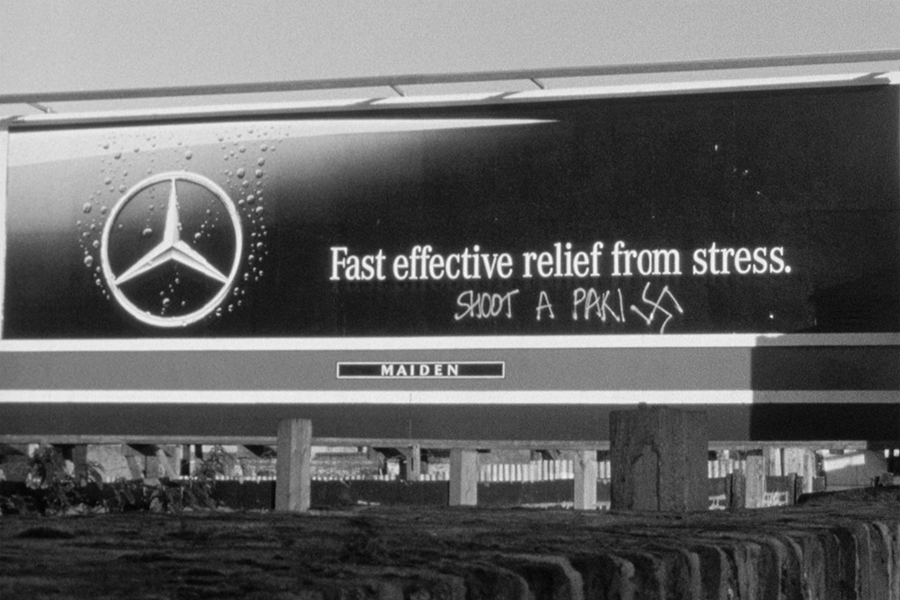Close Up and Carroll/Fletcher are delighted to present a programme of films by William Raban at 8pm on 28 March, 2017. Artist filmmaker William Raban was a central figure of the London Film-makers’ Co-operative (LFMC), he was the manager of LFMC Workshop from 1972 to 1976. Initially known for his landscape and expanded cinema works of the 1970s, Raban’s films from the 1990s onwards look at the island of Britain and its people, in the context of the global economy and the effects of urban change. Despite the apparent shift in Raban’s interests, his work has always been informed by a structural film approach. As he recently commented: “[A structural film approach] is especially evident in About Now MMX (2010), which uses grid-like camera movements to create a cinematic map of the city of London. Perhaps it is less obvious with films like the Houseless Shadow (2011) and Time and the Wave (2013), but nevertheless I see the methodology of using straight cuts and no special effects as linked back to minimalist principles. When making a film now I am always asking ‘what is the simplest and most direct way to achieve the desired affect?’”
Sundial, 1992, 2 minutes
Island Race, 1996, 27 minutes
About Now MMX, 2010, 28 minutes
Time and the Wave, 2013, 15 minutes
Available Light, 2016, 9 minutes
London Republic, 2016, 2 minutes
Each of the films will be preceded by a brief introduction by William Raban. The programme will be followed by a q&a with William Raban, moderated by Steve Fletcher.
Tickets can be booked here.
.
“The problem is not to make political films, but to make films politically.” Jean-Luc Godard.
“Using camera movements to link particular ideas, is part of the larger project to determine the extent to which it is possible to construct political meaning by image and sound alone without dependence upon commentary or text. This has been the methodology that I had developed in Sundial (1992), A13 (1994), Island Race (1996) and MM (2002).” William Raban, 2015.
“Four principles of political filmmaking:
(1) reflexivity: active audience participation rather than passive spectatorship;
(2) reflexivity: revealing the modes of production rather than concealing them;
(3) reflexivity: as understood in the social sciences – the effect that the researcher [film-maker] has on their subjects [content and audience];
(4) an ethical dimension of aesthetics – appearance determined by material conditions of production, it is not the pursuit of style.”
William Raban, Sequence, Winter 2012.
“Art does not do politics by reaching the real. It does it by inventing fictions that challenge the existing distribution of the real and the fictional.” Jacques Ranciere.
“When I make a new work, the thing I find myself striving for is to make an object of both truth and beauty. But of course truth is beauty so maybe the sole object should be to make an object of truth?” William Raban, 2013.
